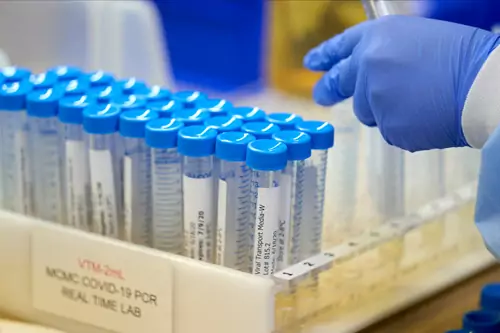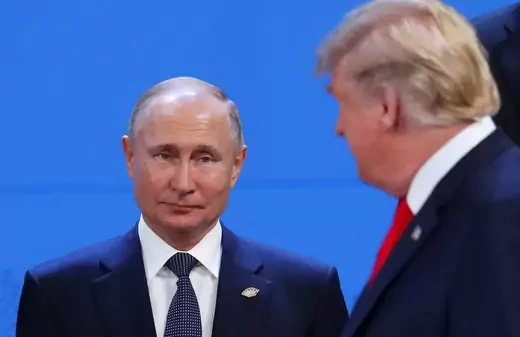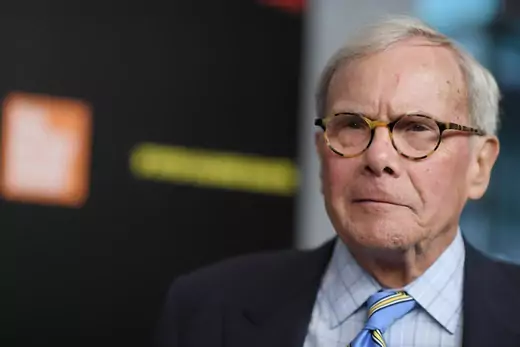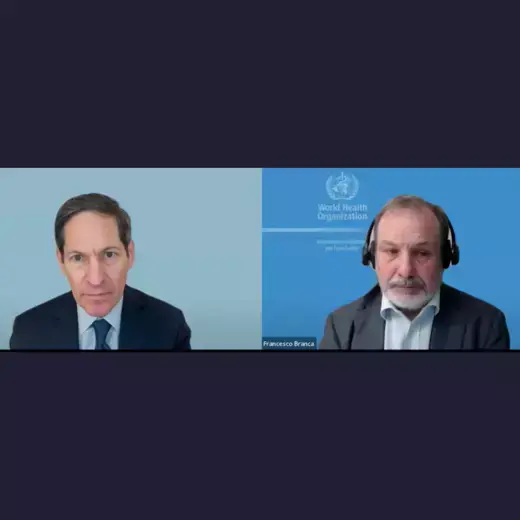- China
- RealEcon
- Topics
-
Regions
Featured
-
Explainers
Featured
Interactive by Olivia Angelino, Thomas J. Bollyky, Elle Ruggiero and Isabella Turilli February 1, 2023 Global Health Program
- Research & Analysis
-
Communities
Featured
Webinar with Carolyn Kissane and Irina A. Faskianos April 12, 2023
-
Events
Featured
Virtual Event with Emma M. Ashford, Michael R. Carpenter, Camille Grand, Thomas Wright, Liana Fix and Charles A. Kupchan June 25, 2024 Europe Program
- Related Sites
- More
September 9, 2020
Public Health Threats and PandemicsDr. Tom Frieden, senior fellow for global health at CFR and former director of the Centers for Disease Control and Prevention (CDC), provides an assessment of the current status of the COVID-19 pande…

March 3, 2020
News ReleaseThe Council on Foreign Relations (CFR) welcomes physician and thought leader Dr. Tom Frieden to its David Rockefeller Studies Program as a senior fellow for global health. A recognized global heal…
July 26, 2024
United StatesEach Friday, I look at what the presidential contenders are saying about foreign policy. This Week: Kamala Harris is seeking to become the first sitting vice president since George H. W. Bush to be e…

December 20, 2018
United StatesTom Wright joins Jim Lindsay to discuss great power rivalries and challenges to the U.S.-led international order.

December 2, 2019
United StatesTom Brokaw discusses his distinguished career in journalism and his experience as a young reporter covering the Watergate story. The Distinguished Voices Series focuses particular attention on th…

February 5, 2024
HealthFRIEDEN: Thank you so much for joining us. I'm delighted today that we have Dr. Francesco Branca with us for a conversation about nutritional issues very broadly. Francesco is Director of the Departm…

 Online Store
Online Store